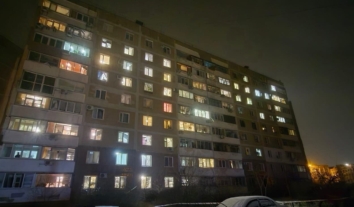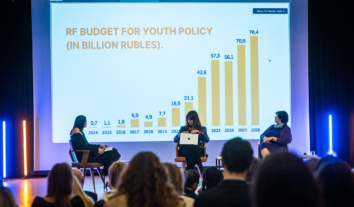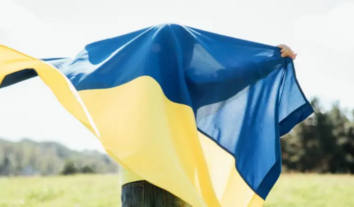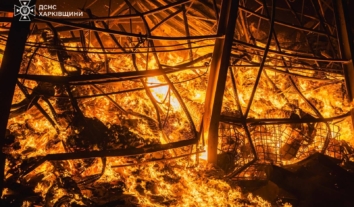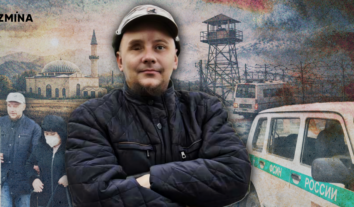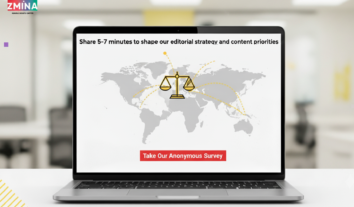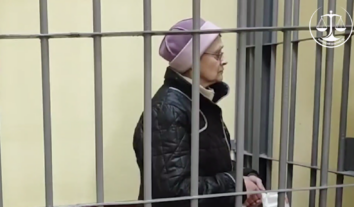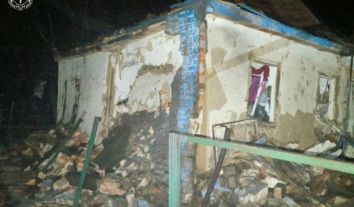Sevastopol’s “Tauric Chersonese” museum-reserve added to EU sanctions list
The state museum-preserve “Tauric Chersonese”, located in temporarily occupied Sevastopol, has been included in the European Union’s 17th package of sanctions against Russia, as announced on the EU website.
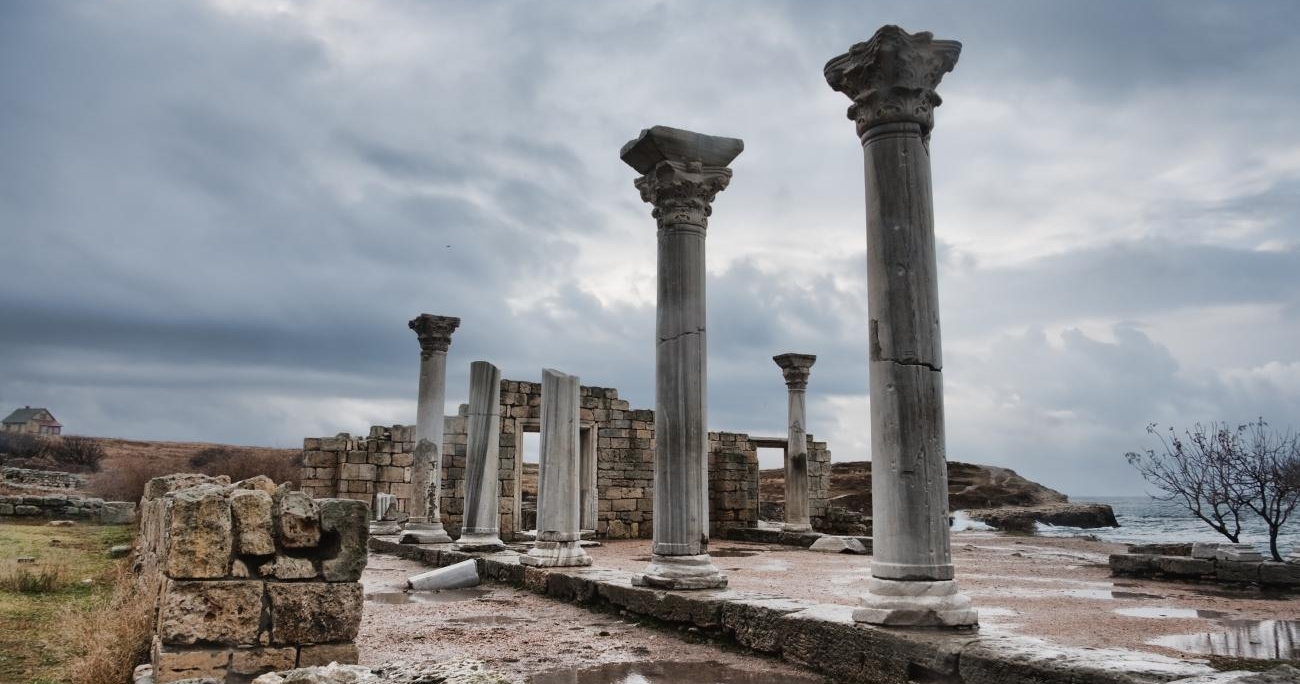 Photo: Wikipedia.
Photo: Wikipedia.The document states that following the occupation of Crimea, the museum began disseminating pro-Russian interpretations of the cultural value of the artefacts and excavation sites under its control. After Russia’s full-scale invasion of Ukraine, this institution used its activities to support the aggression, including participating in organising cargo supplies to the front lines. Consequently, “Tauric Chersonese” is deemed complicit in actions that threaten Ukraine’s sovereignty, territorial integrity, and independence.
Additionally, the restrictions extend to nearly 200 vessels from Russia’s so-called “shadow fleet” and aim to counter hybrid threats and protect human rights.
The sanctions package, adopted by the Council of the EU on May 20, 2025, also targets the museum-reserve’s director, Russian citizen Elena Morozova. According to the EU document, under her leadership, the museum not only promoted pro-Russian narratives but also actively undermined Ukrainian cultural heritage. Therefore, the European Union holds Morozova responsible for policies and actions that harm Ukraine or pose a threat to its stability and security.
As reported by Radio Liberty, the “Tauric Chersonese” Museum-Reserve was a Ukrainian state institution under the Ministry of Culture before Crimea’s occupation in 2014. After seizing the peninsula, Russia took control of the institution. Since then, the museum has transformed not only into a cultural centre but also into a propaganda tool, regularly hosting events with the participation of Russian officials and representatives of the Russian Orthodox Church.
In the same package, the EU also imposed sanctions against three Russian entities involved in the development and use of chemical weapons in the war against Ukraine.

